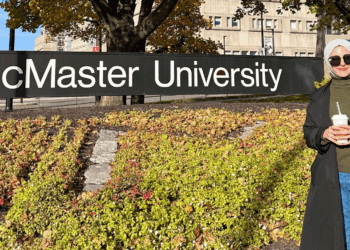The EACR’s Top 10 Cancer Research Publications is a regular summary of the most interesting and impactful recent papers in cancer research. It is curated by the Board of the European Association for Cancer Research (EACR).
The list below appears in no particular order, and the summary information has been provided to us by the authors.
Use the dropdown menu or ‘Previous’ and ‘Next’ buttons to navigate the list.
![]()
A. Yokoyama, N. Kakiuchi, T. Yoshizato et al., Nature volume 565, pages 312–317 (2019)
Brief summary of the findings
Expansion of clones having mutations commonly seen in cancer has recently been reported in apparently normal tissues, such as blood and skin. However, it is poorly understood how those clones evolve from early infancy to the end of the life span in terms of their frequency and size and how its dynamics is affected by environmental/genetic factors to contribute to cancer.

In the current study, through unbiased sequencing of micro-scale esophageal samples, we show age-related, progressive expansion of driver-mutated clones in physiologically normal esophageal epithelia, which is substantially accelerated by alcohol drinking and smoking, well-known risks for esophageal cancer (ESCC). Driver-mutated clones emerge multifocally from early childhood, increase their number and size with aging, ultimately replacing almost entire esophageal epithelia in the extreme elderly. Despite a substantial overlap in mutated drivers, there is a marked overrepresentation of NOTCH1 and PPM1D mutations in PNE, compared to ESCC, suggesting a discrete mechanism of positive selection. Mutations are typically acquired as the first hit before late adolescence, as early as early infancy, and significantly increase their numbers with smoking and drinking. Remodeling of esophageal epithelia is an inevitable consequence of normal aging, differentially impacting cancer development depending on lifestyle risks.
Future impacts of the findings
Our result suggests that positive selection of somatically mutated clones is pervasive and found in esophagus in every individual with ageing. However, despite a substantial overlap of driver mutations to those in cancer, these clones, even those carrying typical cancer derivers, such as TP53, rarely progress to cancer during a normal lifespan, suggesting the presence of a large barrier to carcinogenic transformation. Meanwhile, the pervasive and strong age-dependence nature of expansion suggest that such clonal expansion may play a role in tissue aging, which, together with difference from cancer, is an emerging issue to be intensively addressed in the future.








